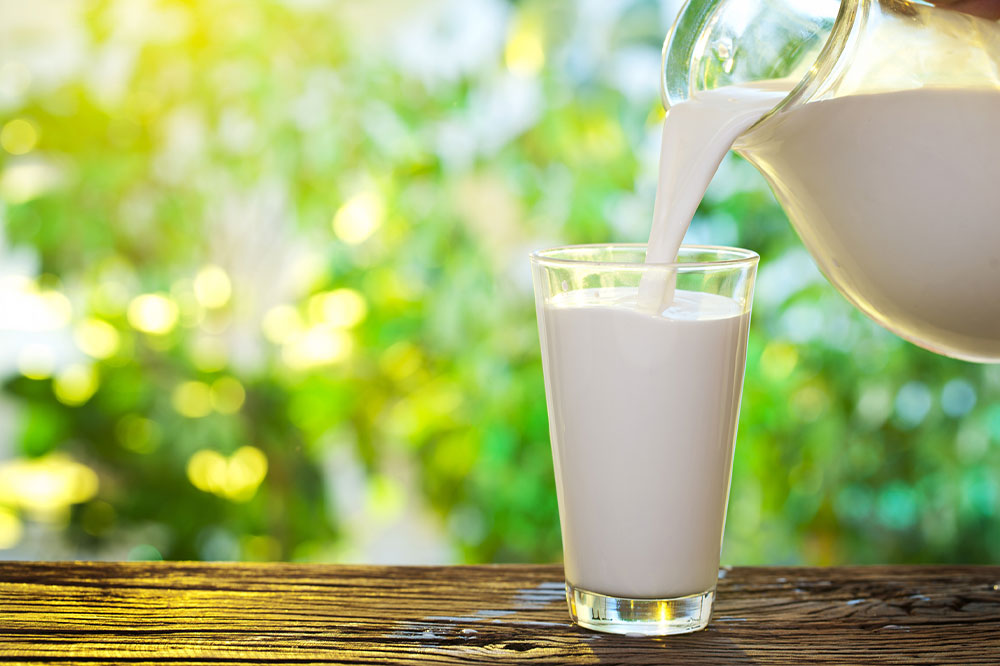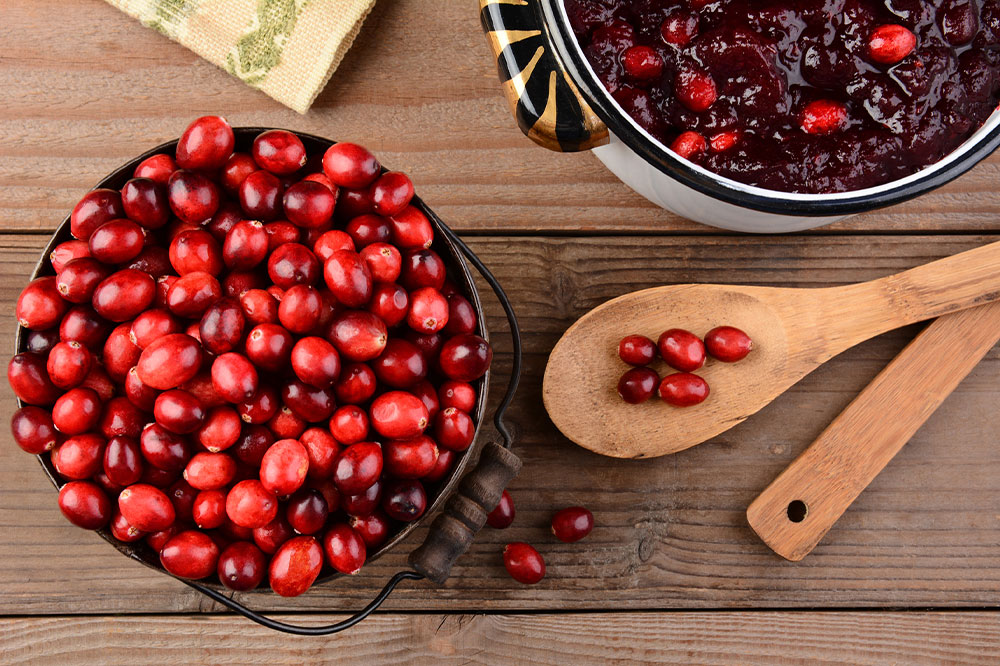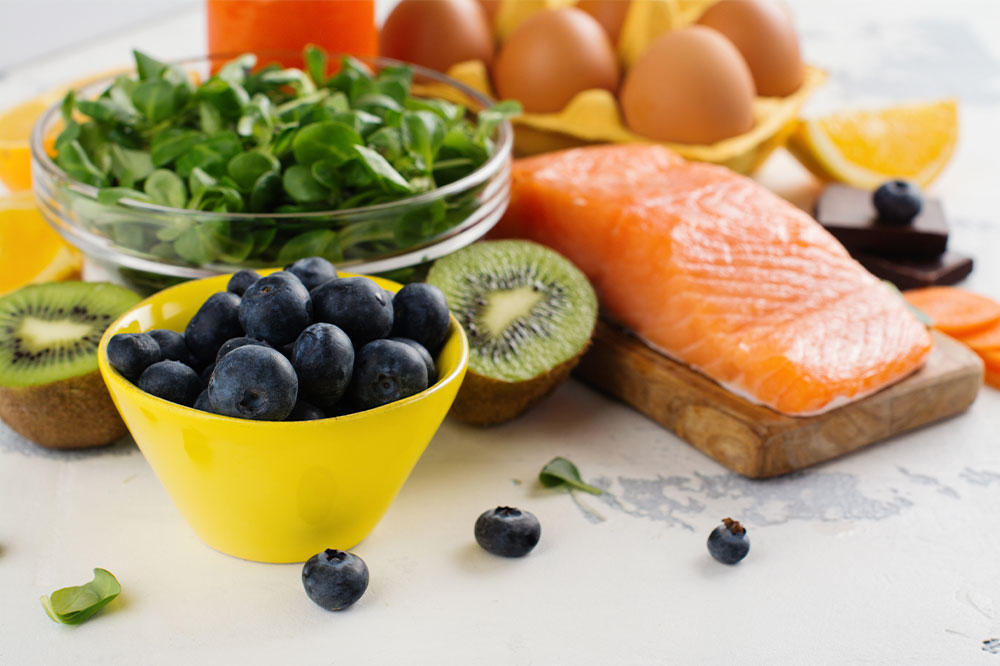Best food options for healthy bones
As one ages, bone health gets affected, slowly decreasing in strength and density. So, it is crucial for everybody under 30 years must include bone-building foods in their daily meal plans. Essential minerals like calcium, magnesium, phosphorus, and vitamins, including D, C, and K, are necessary for bone mineralization. Fortunately, most of these essential nutrients can be absorbed naturally without heavy dependence on supplements. Here are the recommended top food options for daily bone nutrition. Calcium-rich foods Calcium is the vital building block mineral for healthy bones. As old cells break down, the body absorbs and utilizes calcium from daily foods to regenerate new bone cells. Adults must get at least 1000 to 1200 milligrams of calcium a day to support bone growth. Calcium is readily available and can be sourced from dairy products like milk, cheese, yogurt, or fortified plant-based milk extracted from almond, soy, and rice milk. Vegetables like collard greens, mustard greens, turnip greens, kale, and Bok choy can supplement additional daily requirements. Fortified orange juice, edamame, tofu, and even canned fish like sardines and salmon are excellent sources of this essential nutrient. Foods that contain vitamin D A vitamin D deficiency can cause bones to become weak and brittle, increasing the risk of fracture, especially among young children.
Read More 









